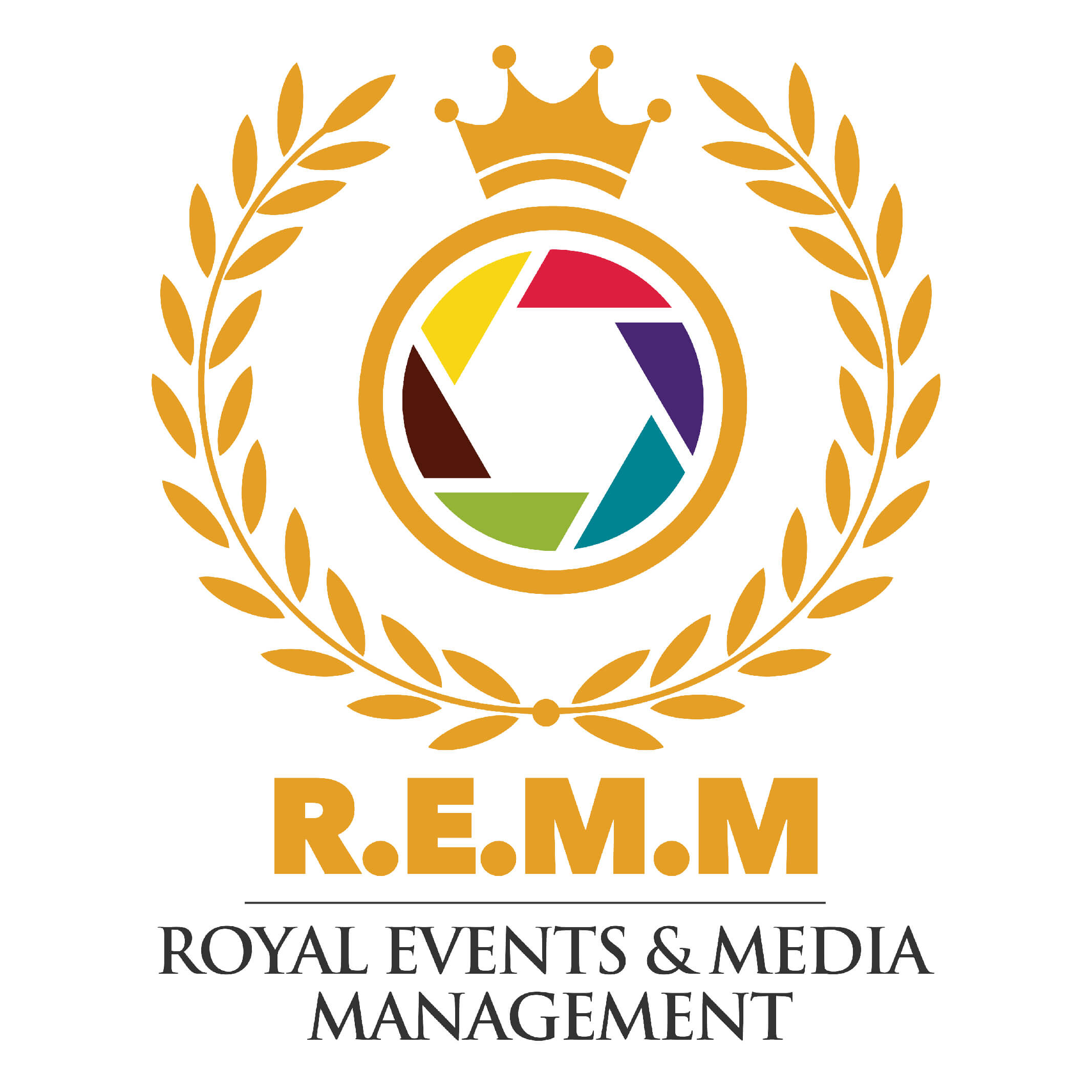Event planning is both an art and a science, requiring meticulous attention to detail, creativity, and strategic thinking. Whether you’re organizing a corporate conference, wedding, or charity fundraiser, mastering the fundamentals of event planning is essential for success. In this comprehensive guide, we’ll explore everything you need to know about event planning, from initial concept development to flawless execution.
1. Define Your Objectives:
Before diving into the details of event planning, it’s crucial to define your objectives clearly. What is the purpose of the event? Who is your target audience? What are your goals and desired outcomes? By establishing clear objectives upfront, you can tailor every aspect of the event to achieve your desired results.
2. Create a Budget:
Budgeting is a critical aspect of event planning, as it determines what resources are available and how they will be allocated. Start by identifying all potential expenses, including venue rental, catering, entertainment, decorations, and marketing. Then, prioritize your expenses based on their importance to the success of the event. Be sure to build in a contingency fund for unexpected costs.
3. Choose the Right Venue:
The venue sets the tone for your event and can significantly impact its success. Consider factors such as location, capacity, layout, amenities, and ambiance when selecting a venue. It’s also essential to visit potential venues in person to ensure they meet your requirements and vision for the event.
4. Develop a Comprehensive Timeline:
Creating a detailed timeline is key to keeping your event on track and ensuring that all tasks are completed on time. Break down the planning process into manageable milestones, with specific deadlines for each task. Be sure to build in buffer time for unforeseen delays and last-minute adjustments.
5. Secure Vendors and Suppliers:
From catering and entertainment to decorations and audiovisual equipment, securing reliable vendors and suppliers is crucial for a successful event. Research potential vendors, request quotes, and carefully review contracts to ensure that all terms and conditions are clearly defined. Communication is key to maintaining strong relationships with vendors and ensuring that your needs are met.
6. Promote Your Event:
Effective promotion is essential for attracting attendees and generating buzz around your event. Utilize a variety of marketing channels, including social media, email marketing, press releases, and partnerships with relevant organizations or influencers. Tailor your messaging to your target audience and highlight the unique features and benefits of attending your event.
7. Execute Flawlessly:
On the day of the event, all your hard work and planning come together. Ensure that you have a dedicated team in place to oversee setup, manage logistics, and address any issues that may arise. Stay organized, remain flexible, and be prepared to adapt to changes on the fly. Above all, focus on delivering an exceptional experience for your attendees.
Conclusion:
Mastering event planning requires a combination of creativity, strategic thinking, and attention to detail. By following these essential tips and guidelines, you can plan and execute successful events that leave a lasting impression on your attendees. Whether you’re organizing a small corporate gathering or a large-scale conference, proper planning and execution are the keys to success in the world of event planning.
Keywords: event planning, event management, event organization, event coordinator, event logistics, event marketing, event promotion, event budgeting, event timeline, event venue, vendor management, attendee experience.
